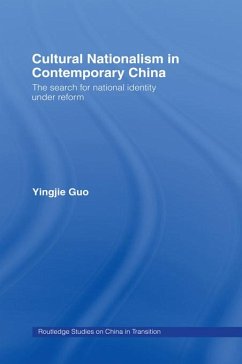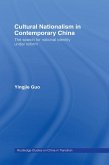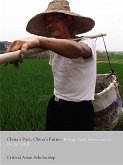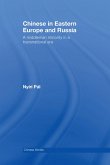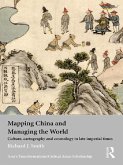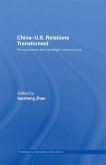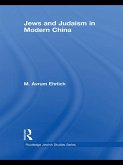In the vast majority of literature on 'Chinese Nationalism' the distinction between nation and state is rarely made, consequentially nationalism usually appears as loyalty to the state rather than identification with the nation. Yet, since 1989, both the official configuration of the nation and the state's monopolized right to name the nation have come under rigorous challenge. This book relocates the discussion of nationalism in a more contemporary framework, which explores the disjunction between the people and the state and the relationship of each to the nation.
Since the late nineteen eighties the Chinese Party-state has increasingly embraced a more Westernized way of life enabling the country to propel itself into a position of economic and political international importance. This revolutionary upheaval has led cultural nationalists to pose such controversial questions as, what constitutes Chineseness? And, is a Party-state that portrays itself as the sole representative of the nation a legitimate one? This revealing work not only suggests that the CCP is beginning to compromise, therefore highlighting that the state is aware that it is loosing its monopoly, but also that the cultural nationalists further seek to reform the Party-state in accordance with the nation's will, beliefs, values and concept of its own identity.
With its challenging exploration one of the most neglected aspects of identity in China, this book should appeal to Asianists, China watchers and all of those with an interest in cultural and sociological phenomena in East Asia.
Since the late nineteen eighties the Chinese Party-state has increasingly embraced a more Westernized way of life enabling the country to propel itself into a position of economic and political international importance. This revolutionary upheaval has led cultural nationalists to pose such controversial questions as, what constitutes Chineseness? And, is a Party-state that portrays itself as the sole representative of the nation a legitimate one? This revealing work not only suggests that the CCP is beginning to compromise, therefore highlighting that the state is aware that it is loosing its monopoly, but also that the cultural nationalists further seek to reform the Party-state in accordance with the nation's will, beliefs, values and concept of its own identity.
With its challenging exploration one of the most neglected aspects of identity in China, this book should appeal to Asianists, China watchers and all of those with an interest in cultural and sociological phenomena in East Asia.
Dieser Download kann aus rechtlichen Gründen nur mit Rechnungsadresse in A, B, BG, CY, CZ, D, DK, EW, E, FIN, F, GR, HR, H, IRL, I, LT, L, LR, M, NL, PL, P, R, S, SLO, SK ausgeliefert werden.

